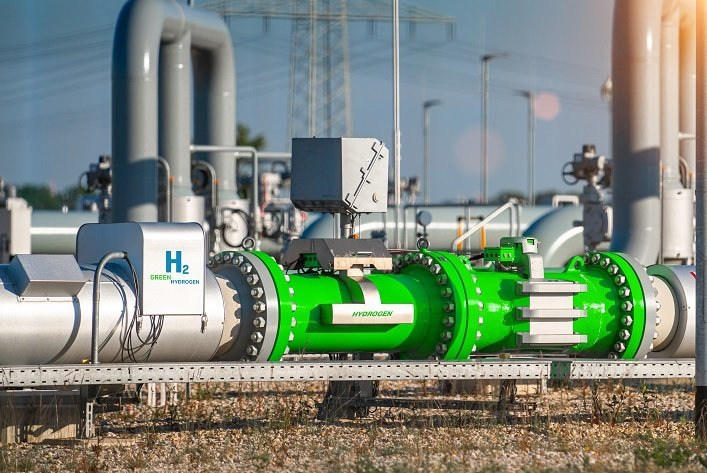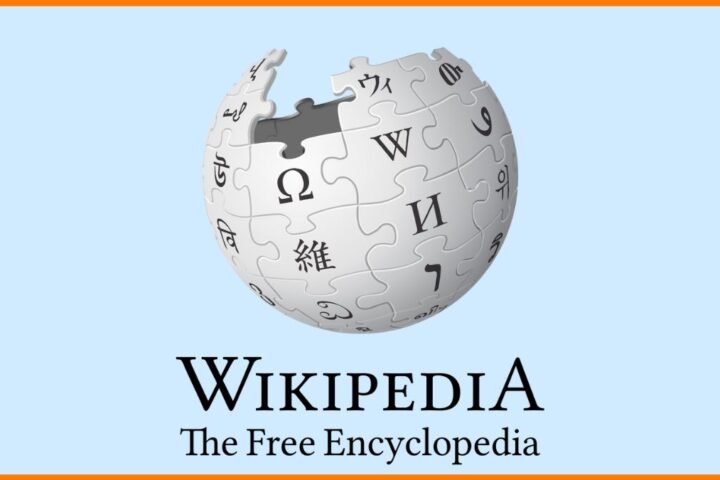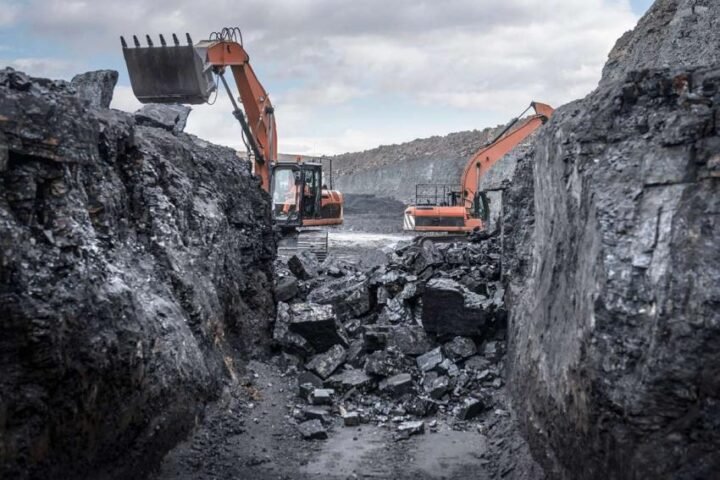On August 29, 2025, Odessa Journal reported that Ukraine is steadily integrating into the European Union’s hydrogen strategy, presenting itself as a future supplier of renewable hydrogen. The country’s gas transmission system (GTS), with its extensive infrastructure, could be converted for transporting hydrogen–natural gas blends and eventually pure hydrogen. Joint projects between the Ukrainian GTS Operator and European partners focus on network compatibility studies, the development of hydrogen corridors, and financial support from EU institutions. This approach allows Ukraine to align with the European Green Deal while adding value to the EU’s common energy architecture.
Strategic importance for Ukraine and the EU
For the EU, cooperation with Ukraine strengthens energy security through diversification of supplies, reduced reliance on fossil fuels, and progress toward climate neutrality by 2050. For Ukraine, participation means integration into the EU’s internal energy market, greater economic resilience, and long-term investment in infrastructure modernization. The partnership is increasingly seen as a mutually beneficial tool, enhancing Europe’s energy stability while opening new geo-economic opportunities for Ukraine.
Regulatory alignment and infrastructure modernization
Ukraine’s GTS Operator has already incorporated EU rules, including Directive 2024/1788 and Regulation 2024/1789, into its strategy. This ensures that hydrogen supplied to the EU will fully comply with European standards on safety and purity. For European consumers, this minimizes risks, guarantees high quality, and supports transparent integration of Ukraine’s energy sector with the EU market.
The Central European Hydrogen Corridor
A key initiative is the Central European Hydrogen Corridor (CENC), jointly developed by Ukraine, Slovakia, the Czech Republic, and Germany. The project has been granted the status of an EU Project of Common Interest, highlighting Europe’s recognition of Ukraine as more than an energy supplier. Instead, Ukraine is regarded as a strategic partner in building the new hydrogen infrastructure that underpins Europe’s green transition.
Climate goals and global competitiveness
Renewable hydrogen from Ukraine is expected to play a critical role in the EU’s efforts to cut greenhouse gas emissions and expand clean energy. Ukraine’s integration into this process not only supports Europe’s climate neutrality goals but also strengthens the EU’s competitiveness on the global stage. By contributing to innovation, investment, and renewable energy development, Ukraine becomes a key participant in Europe’s joint transformation.










